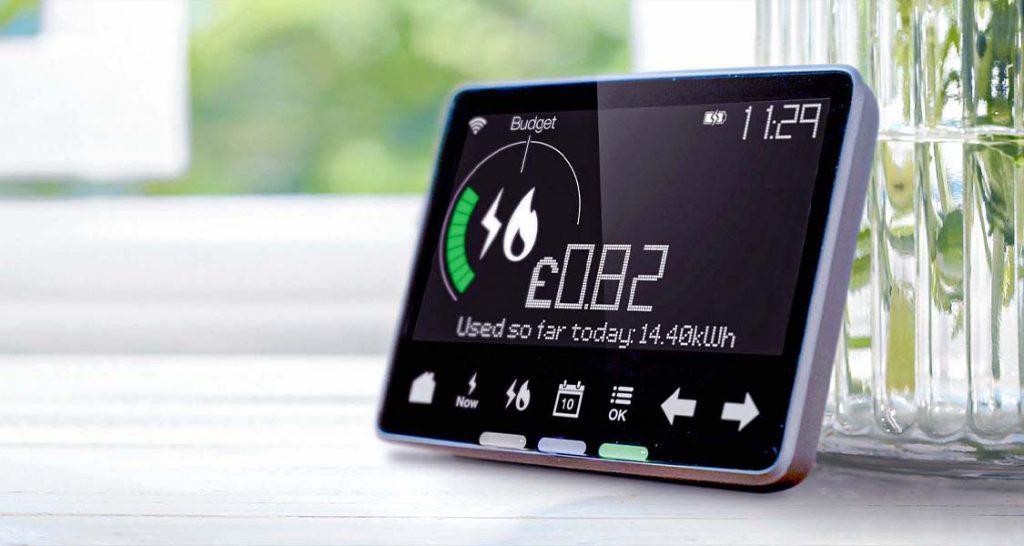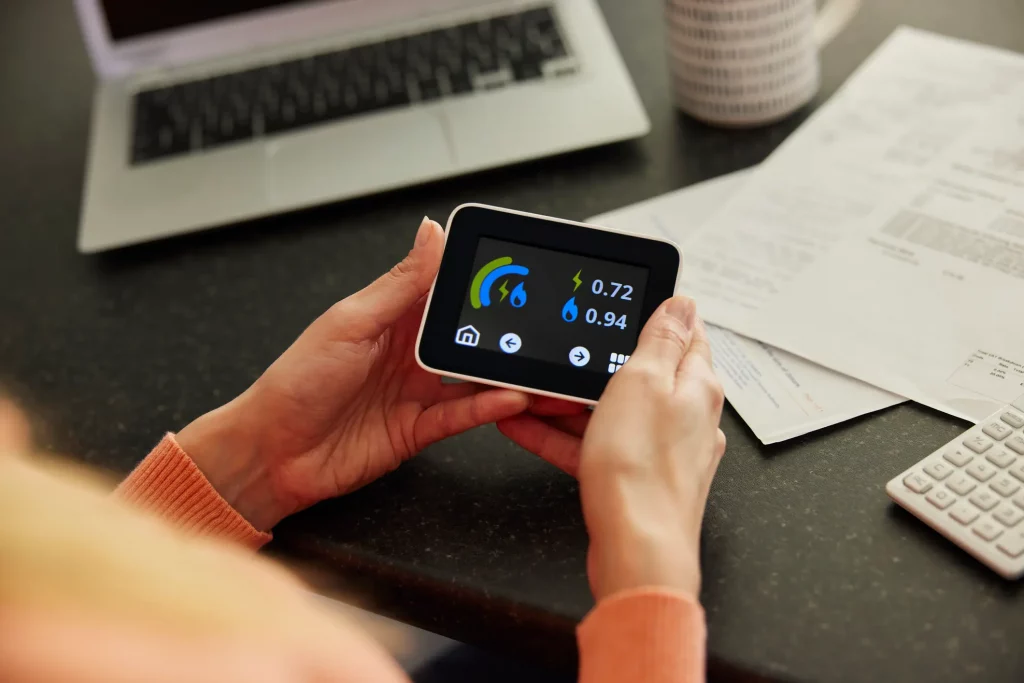Smart meters are devices used in homes to measure the power usage by a household. In the past two decades, utility companies have been trying to replace analog meters with smart meters, significantly increasing our exposure to EMFs.
While you are being hit with RF radiation and EMFs every day from WiFi routers, smart devices, etc., you do not need the additional radiation from smart meters.
Therefore, where are smart meters banned? It is good to know this information if you will be forced to use one or if you can opt out. So, let’s find out!

Where Are Smart Meters Banned?
In the US, over 50 local governments in California have outright banned the installation of smart meters.
The choice of smart meters is left to Maine, Arizona, California, and Texas citizens. Also, people can keep their existing meters in Georgia and Hawaii.
Smart Meters and Opting Out of the Same
The roll-out of smart meters began in the United States in 2006, and the US power grid has become increasingly digital.
However, as people started noticing the side effects and becoming more educated about the risks associated with the EMF smart devices emit, many wanted to opt out of having a smart meter.
Unfortunately, people cannot refuse smart devices in some states. These include Washington, DC, and Pennsylvania. While states like Florida, Maryland, and Nevada, leave it up to the utility companies to decide their opt-out policy, which is usually not in favor of the people.
However, in California, over 50 local governments have voted and chosen to outright ban the installation of smart meters. In other parts of the state, people can choose between analog or smart meters. Other states where people can choose include Maine, Arizona, and Texas.
Moreover, people can keep their existing meters in Georgia and Hawaii instead of installing new ones. Also, many cities in New Mexico have won the right to postpone the installation of smart meters until 2025.
States that are trying to fight the installation and have pending legislation to allow people to opt-out of smart meters are Iowa, Massachusetts, New York, Rhode Island, Pennsylvania, Michigan, and Tennessee.
Other Countries That Allow Opting Out
Many countries in the west, especially those part of the European Union, have decided to have nationwide smart meter roll-outs.
However, some countries, for example, Germany, have decided not to have a nationwide roll-out of smart meters and instead leave it to its citizens’ discretion. They can choose if they want to replace their analog meters with smart ones.
Other countries allowing citizens to opt out of smart meters include Greece, Canada, Croatia, the Czech Republic, Ireland, and Cypress.
Also read: How to Block Smart Meter Radiation

The Issues With Smart Meters
Health risks
Like any other smart device, smart meters emit RF radiation and EMFs. RF radiation is called non-ionizing radiation, as it has enough power to move atoms in a molecule and cause them to vibrate.
According to the International Agency for Research on Cancer, RF radiation is classified as carcinogenic to humans.
Carcinogenic means that prolonged exposure to RF radiation may lead to you developing some cancer.
For example, if you live in an apartment in a state that imposes the installation of smart meters, your exposure is even higher. The risk is even greater if the smart meters for the entire building are placed near your apartment.
Surveillance
Another risk of smart meters is constant surveillance. Smart meters are digital devices that send information automatically to your utility company.
On the other hand, with analog meters, you can expect a visit once or twice a year by an employee of the company to read the meter.
However, with smart meters, they will be able to know everything about you, from what you are watching on your TV to what you are searching online.
How to Check If You Have a Smart Meter
If you have moved into a new home, you should know what type of meter you have. You only have a smart meter if your meter has numerous dials and tiny moving arrows on its face.
Your meter is probably a smart meter if it is digital, but there are a few ways to be sure. To start, look for an “FCC ID” on the meter’s front. The words “FCC ID” will be written in full, followed by numbers.
The company and model name, as shown on your meter, and the terms “manual” or “sales information” can also be searched online. See what you can find if you click through; look for words like “wireless” or “radio frequency.”
How to remove a smart meter
If you discover that you have a smart meter, do not become alarmed. You can take steps to lessen your exposure to the EMFs it emits. You can ask your utility company if you live in an opt-out state to remove the meter or switch it to “dumb” mode.
If you live in a state that leaves the choice up to the utility companies, you can purchase or rent an EMF meter similar to find the places in your house where the fields are strongest. Then, you can rearrange your furniture to lessen your exposure.
Electromagnetic radiation can be refracted away by shielding material. Some shielding materials can be line curtains or make a canopy for your bed.
Also read: Smart Meter Dangers | A Potential Health Threat
Conclusion
We are already overexposed to EMFs and RF radiation without the government forcing us to use radiation-emitting technology. And smart meters are emitting more EMFs than the devices we are already using.
So, where are smart meters banned? To protect yourself, you should know that information. If you know what states allow you to opt out of smart meters, you can avoid and prevent your utility company from installing one in your house.
